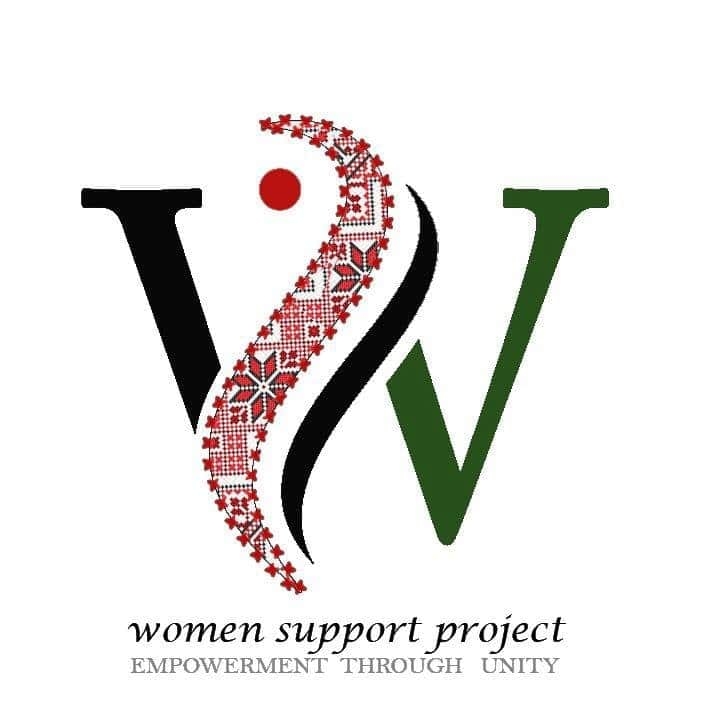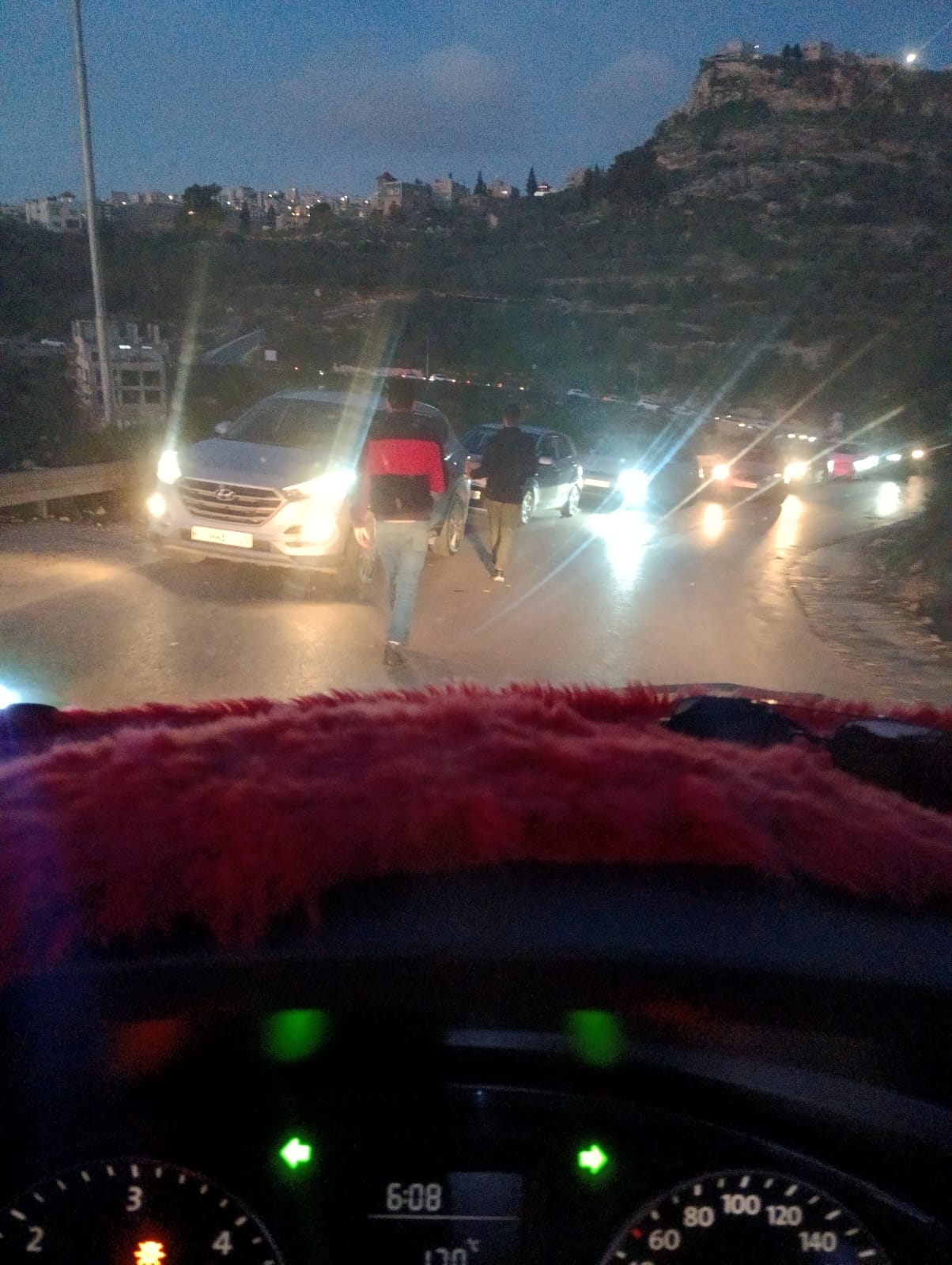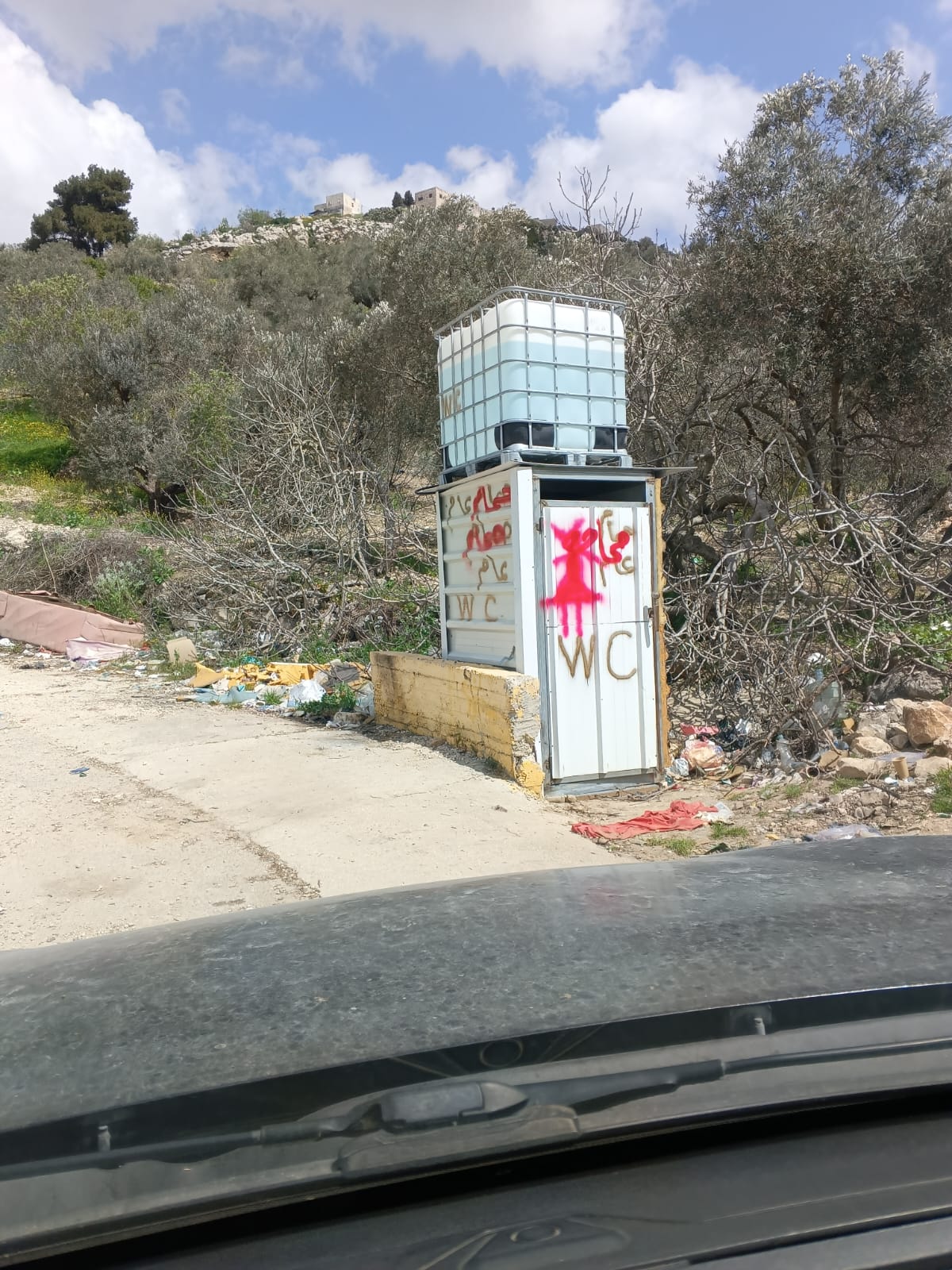
The Women Support Center is a project of the Tanweer Cultural Center and has been active in Nablus and surrounding communities of the Northern West Bank for four years now. It serves women and children with legal, mental health, economic, educational, and recreational initiatives. Designed to encourage independence, safety, wellness, and solidarity among women, they offer trainings in media, legal rights, entrepreneurship, and vocational training, group and individual therapy, legal counsel, sponsorship for gardening cooperatives, and individualized support for ad hoc projects when needs emerge.
Since October, military and settler activity have presented serious risks and delays in regional transportation into and out of Nablus. Palestinians are often forced to wait three or more hours at checkpoints before they are allowed through (if, indeed, they are allowed at all). This presents special difficulties to women and girls, due to lack of safe places to use the restroom. In recent months, the Center installed a restroom for women awaiting checkpoint passage. They also frequently arranged Iftar deliveries so that travelers entering and exiting the city could meet their bodies’ needs, which the occupation was otherwise preventing.


Hakema Hassan, coordinator of the Gardening Cooperatives program, shared that the economic and social benefits for women who can produce food are immense. The Women Support Center distributes seeds and seedlings, and provides grant money for women to establish and sustain cooperatives. However, many women who would otherwise engage in this work do not feel comfortable leaving the cities—even to their home villages—as settler and military violence have worsened dramatically. “Our car windows have been broken many times”, reports Hassan. And at the aforementioned checkpoints, women face gendered harassment: “They ask us to dance for them…. This is forbidden.”
Other programs, such as upcoming media classes, are intended to offer women and girls tools for their activism. Other recent activist initiatives include: forums on female political prisoners under the occupation, vigils and protests for Gazans resisting genocide, and resistance against sexual violence and gender oppression.
Tanweer and the Women Support Center survive on a small budget—which has been all the more limited since the Israeli government cut off funding since the 7th of October. We invite you to help the Women Support Center and Tanweer to provide lifesaving and empowering services to the northern West Bank by donating at the PayPal account tanweer.nablus@gmail.com.
